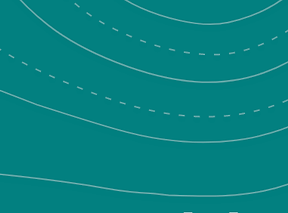
Toolbox
Resources
A collection of tools, apps and resources to help citizen scientists.

The ACTION Participatory Science Toolkit is a resource collection for everyone interested in running inclusive and impactful citizen science projects. It provides a selection of practical instruments and learning outcomes that can support teams in all phases of their citizen science project and addresses the practical problems that projects face throughout their lifecycle.

The SEED best practice information and resources to help you maximise the success and impact of your citizen science project.

The CSIRO has developed an online national marine debris database where you can contribute data you collect about litter at your local beach.

Scratchpads are an online virtual research environment for biodiversity, allowing anyone to share their data and create their own research networks.

Zooniverse is s a citizen science web platform owned and operated by the Citizen Science Alliance.

The Atlas of Living Australia (ALA) is a collaborative, digital, open infrastructure that pulls together Australian biodiversity data from multiple sources, making it accessible and reusable.

iNaturalist is an online social network of people sharing biodiversity information to help each other learn about nature. It's also a crowdsourced species identification system and an organism occurrence recording tool.

A regionally focused citizen science platform designed to ensure every important plant and animal in Australia is protected and managed effectively. There is a South Coast NatureMapr.

SEED is the NSW Government’s central resource for Sharing and Enabling Environmental Data. It was developed for the NSW community in a collaborative effort between government agencies to provide an accessible and reliable platform for environmental data.

BioCollect is an advanced, but simple-to-use data collection tool for for scientists, ecologists, citizen scientists and natural resource managers to collect and manage their biodiversity, ecological and natural resource management (NRM) data. It is hosted by the ALA and is free for public use.

Ten questions to inspire citizen science groups as they implement programs and projects.

Redmap stands for Range Extension Database and Mapping project. This project invites Australians to share sightings of marine species that are ‘uncommon’ to their local seas. Over time, Redmap will use this ‘citizen science’ data to map which Australian marine species may be extending their distribution range in response to changes in the marine environment, such as ocean warming.

The Waterbug app helps you identify waterbugs from Australia and is part of the National Waterbug Blitz.
